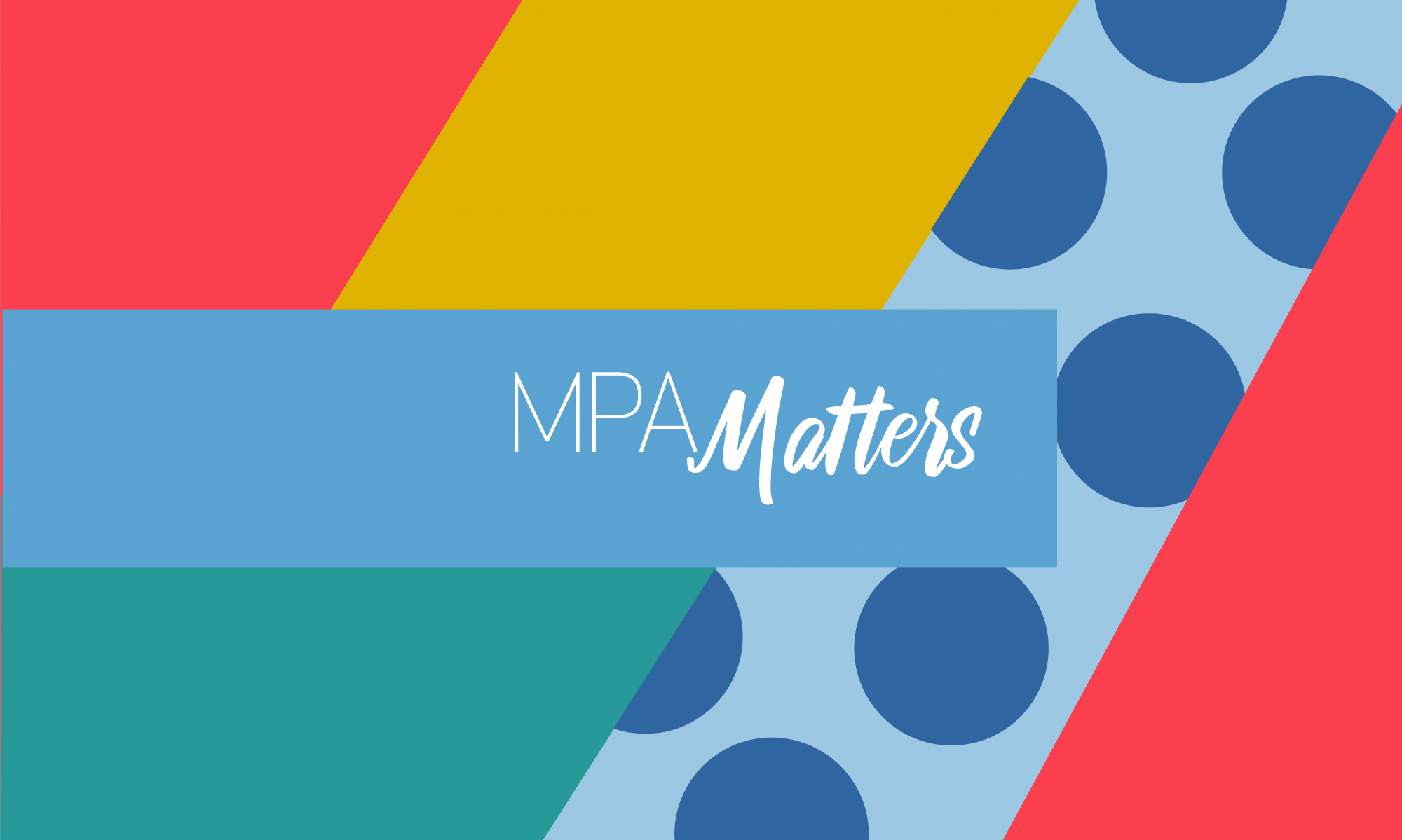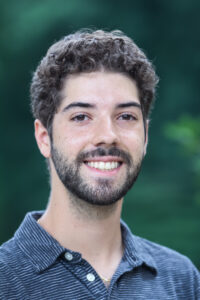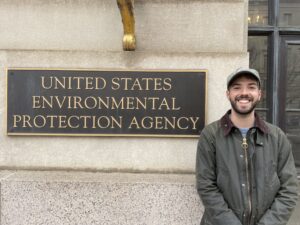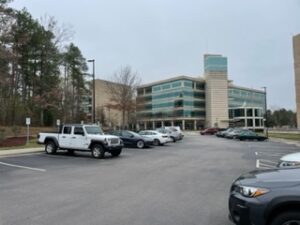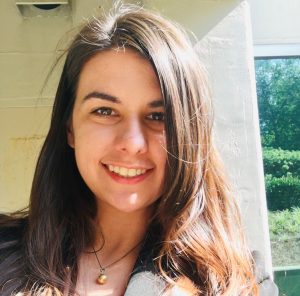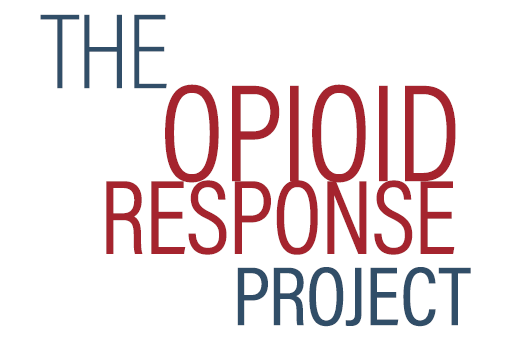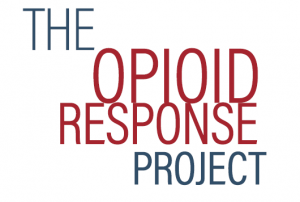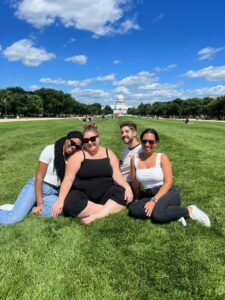
This post was written by current student Ben Lasley.
Hi Everyone!
This week marks my 7th week at EPA, and the official mid-point of our PWE. In the past seven weeks, I have worked on upcoming proposals for the oil and gas industry, convened with leaders on wood stove testing methods, and assisted in communication and outreach plans for Ethylene Oxide. In addition to regulatory action, I am conducting a program evaluation for OAQPS’ air quality teacher workshop. These projects and other responsibilities have taught me the incredibly important work our public agencies commit to, to protect human health and the environment.
These PWE responsibilities, as well as informational interviews across the agency, have highlighted different possibilities in being focused in one topic area, or assist in interagency coordination. I have appreciated the ability to witness different aspects and assist in various projects covering air quality.
In addition to working at the EPA, it has been inspiring to witness the agency’s dedication to Pride Month awareness and action. The pride flag was raised for the first time at the agency’s headquarters in D.C, and I’ve been able to attend multiple LGBTQIA+ history and health meetings that have highlighted the intersectional fight for justice in our country. Our administrator, Michael Regan, has been emphatic in the agency’s support and advocacy for their employees and all LGBTQIA+ Americans. Yesterday, I was able to sit in an agency-wide meeting with a white house LGBTQIA+ liaison and learn about their efforts to protect LGBTQIA+ rights, especially in the wake of the Dobbs opinion.
https://images.app.goo.gl/mGaVTsSAd71cnVGU8
EPA Headquarters in D.C. | Photo by Francis Chung/E&E News
One of the greatest parts of the MPA program has been finding comradery in fellow classmates. This past weekend Valerie Sauer, Danielle Badaki, and I visited Andrea Parra-DeLeon in D.C, where she is a pathways intern with the Department of Transportation. It was wonderful to catch up with friends and explore our nation’s capital.
We also saw the Declaration of Independence, Constitution, Bill of Rights, and the Emancipation Proclamation. It was awe inspiring to bear witness to these historical documents. While we have come a long way over the last two hundred and forty-six years, we still have tremendous work to be done for justice and equity for all people in this country. Those documents and our current state of affairs reminds us that it is ever more pertinent to commit to public service and collectively face our nation’s challenges, to ensure and enshrine our rights to privacy and other enumerated rights.
